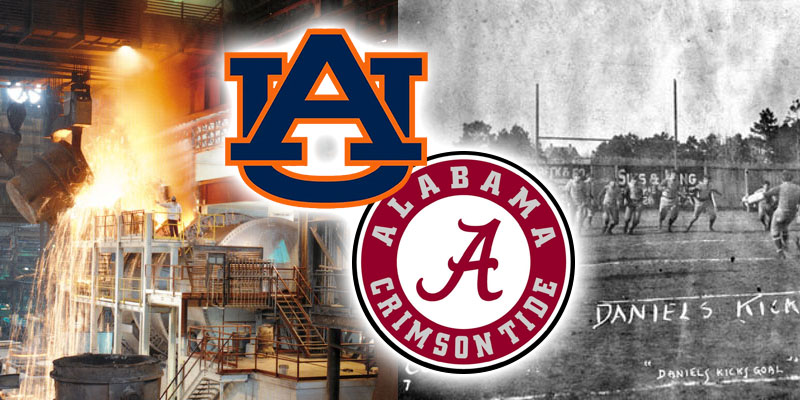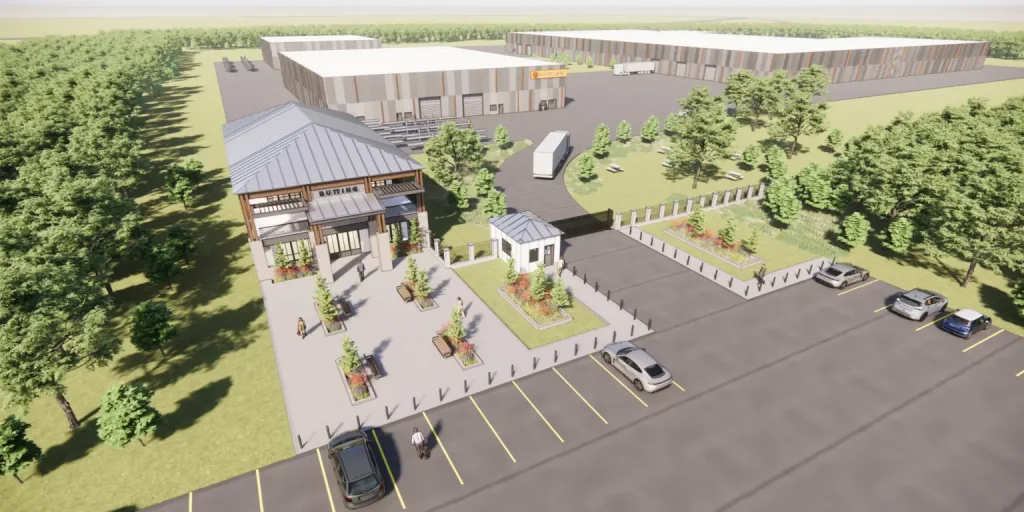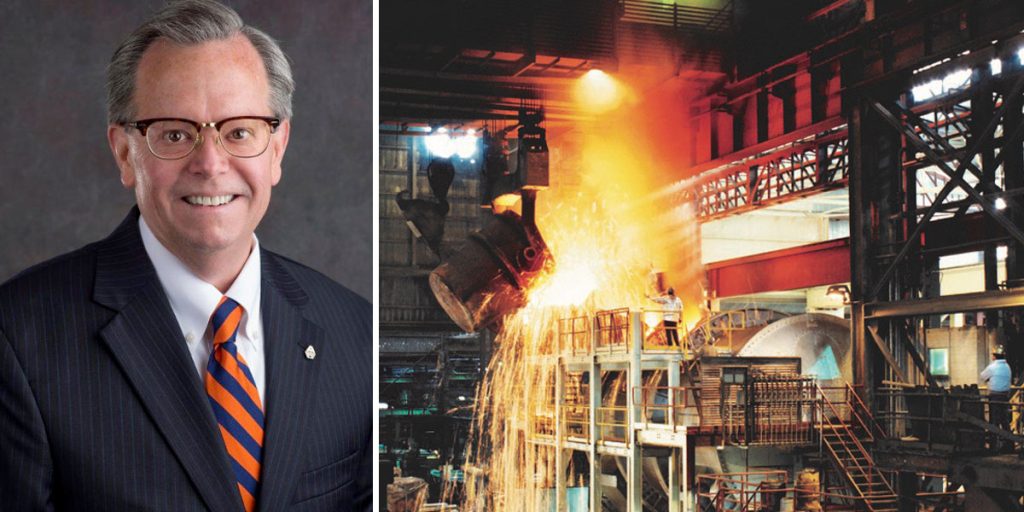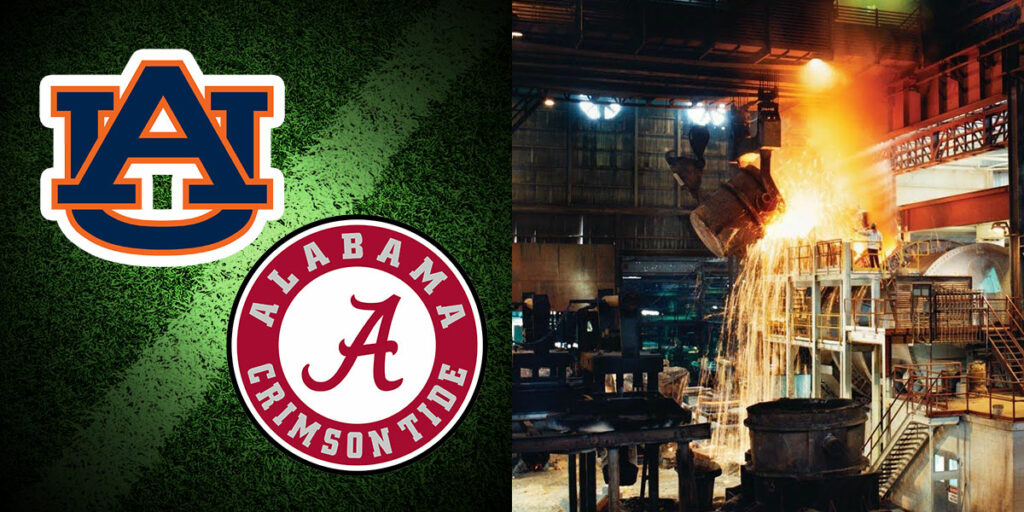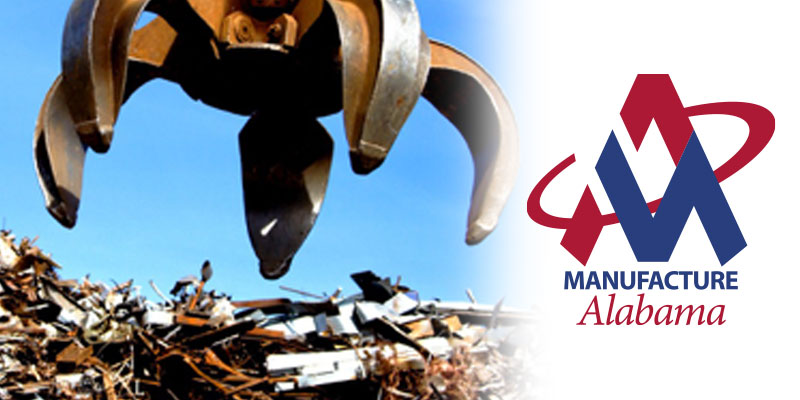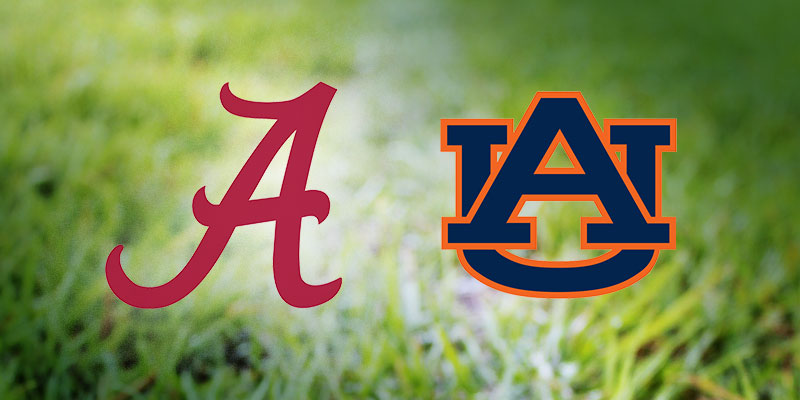Today will be the 85th playing of the Auburn vs. Alabama football game, and like everything else this year, it will be unique in many ways including the smallest in-person crowd in decades. It will be my first to not attend in 24 years, and I’ve been fortunate to attend 31 of the past 44 and that included 15 years of living out-of-state.
The first was played in 1893, and following a tie in 1907, the game was not played again until 1948 after a mandate to resume by the state legislature. My parents were students at the opposing campuses at the time. The Iron Bowl is as well-known as any college football rivalry, and many fans of other teams will acknowledge it as the nation’s most intense.
Why is it called the Iron Bowl, who named it that, and why?
In 1964, Auburn’s Coach Ralph “Shug” Jordan said the “Iron Bowl against Alabama would be Auburn’s bowl game,” and the moniker has stuck tightly ever since. But why?
First of all, it was played at the time in Birmingham’s Legion Field, the “Football Capital of the South,” until Auburn moved their alternating home game to campus in 1989 and Alabama later followed, and Birmingham is well known for her iron and steel industry.
In fact, the Magic City grew like magic due to deposits of iron ore, coal, and limestone in the Birmingham-area Jones Valley and the rapid rise of a massive iron and steel industry. All three producers of ductile iron pipe, the primary material for our nation’s public water supply systems, have operations in Birmingham. Other iron and steel manufacturers have operations in the area and across the state producing various applications of iron and steel to build our infrastructure, automobiles, and durable goods.
Birmingham may no longer be the Football Capital of the South, but it’s surely the Iron and Steel Capital of the South.
The primary reason the Iron Bowl is so appropriately named is that it’s a tough game, played by tough men, fighting with toughness for their teams and universities, and their fans care perhaps even more. Tough, hard-hitting, durable, resilient. All describe both the players in the Iron Bowl and the performance of iron and steel pipe products.
What’s not as well known is that today’s modern ductile iron pipe is made of recycled iron and steel, requires less energy to pump water through, has a long and dependable service life, and is recyclable if retired from service.
In fact, it’s the only pressure pipe material to be certified as sustainable by the SMaRT gold rating. Iron pipe is good for the environment, good for public health and fire protection, and good for a water utility’s long-term financial strength. It’s proven by more than a century of service to be safe and effective for public health.
So when you tune in to today’s Iron Bowl, you can be the most clever one in the room and speak of the origin of the name as well as the attributes of ductile iron pipe from Birmingham, Alabama.
Maury D. Gaston is Chairman of the Alabama Iron and Steel Council (AISC), a council of Manufacture Alabama; a 38-year veteran of AMERICAN Ductile Iron Pipe in Birmingham; and an Auburn University mechanical engineering graduate.
The AISC operates as an independent industry council of Manufacture Alabama, the state’s only trade association dedicated exclusively to manufacturers and their supplier/vendor partners. AISC member companies include AM/NS Calvert, AMERICAN Cast Iron Pipe Company, CMC Steel, McWane, Inc., Nucor Steel, Outokumpu Stainless USA, SSAB Americas, U.S. Pipe & Foundry, United States Steel, Alabama Power Company, Colburn Construction, Inc., ERP Compliant Coke, OMI-Bisco Refractories, O’Neal Manufacturing Services, Reno Refractories, Southeast Gas and Southern Alloy Corporation.




